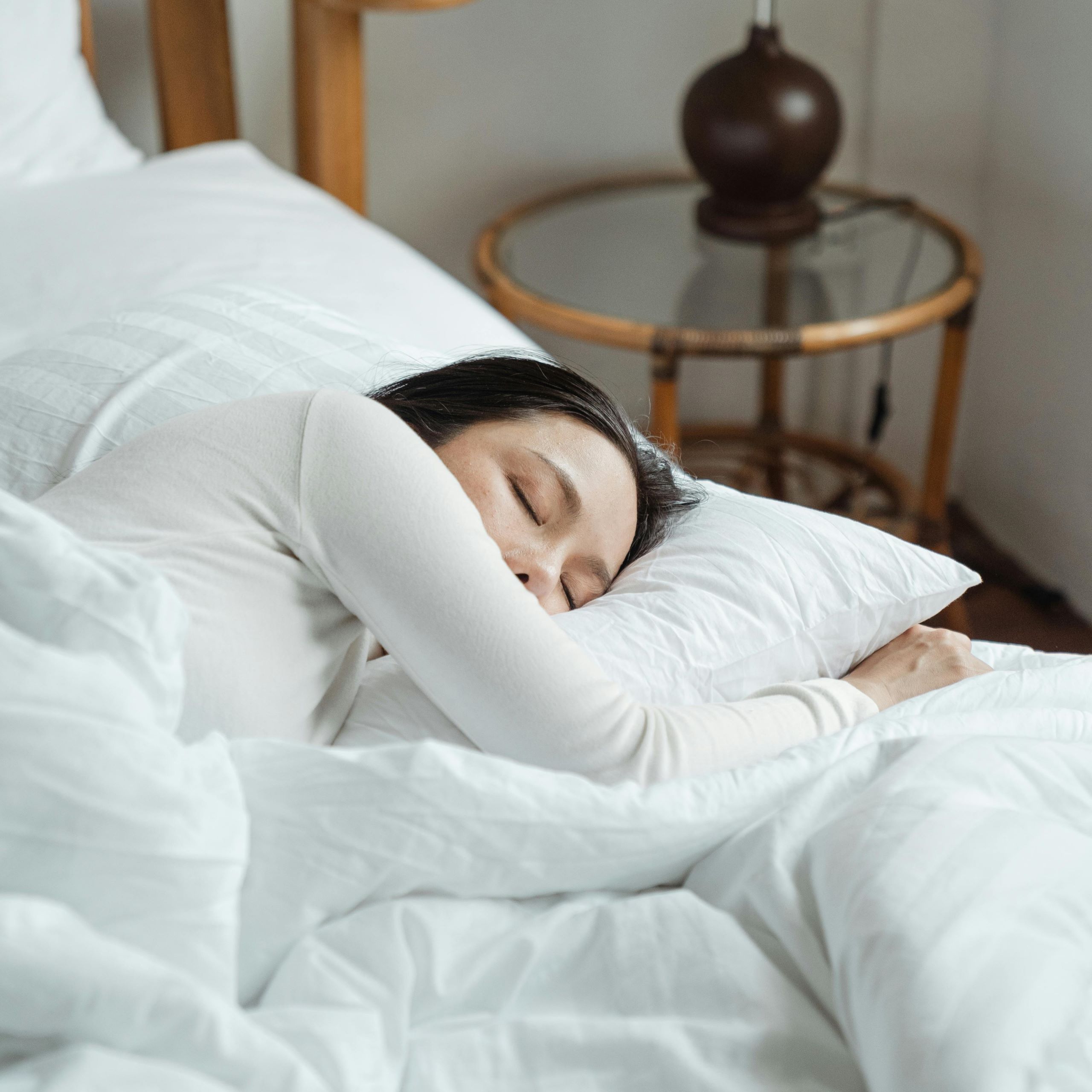
02 Jul Sleep Psycho-education
The Importance of Sleep
Getting good quality sleep is important for our wellbeing and quality of life. Sleep supports a variety of areas of physical, mental and emotional functioning such as:
- Physical health – growth and repair of our bodies, immune functioning, energy levels.
- Cognitive functioning – such as memory, learning and concentration.
- Emotional wellbeing – supports our mental health and ability to manage our mood and stressors.
The amount of sleep needed to feel rested can vary from person to person. Sleep duration recommendations are:
- 12-17 year olds: 8 to 10 hours
- Adults: 7 to 9 hours
- Older adults: 7 to 8 hours.
Some people may require more or less than this and we find that sleep patterns can change with age (NSF, 2020).
Sleep Difficulties
Good sleep is essential for physical and mental health, with ongoing sleep difficulties leading to impaired quality of life. Sleep difficulties may involve difficulty falling asleep or staying asleep, or waking too early. If a person experiences ongoing sleeping difficulties which causes significant distress or impairment in their functioning, this may indicate Insomnia. Insomnia involves a month or more of dissatisfaction with sleep quantity or quality and also involves a number of cognitive, emotional and behavioural symptoms. Insomnia symptoms are seen in nearly a third of adults, with nearly 10% meeting the diagnostic criteria for an insomnia disorder.
Problems with sleep can be triggered by a range of factors such as stress and worry, or significant changes to routines, work, home or life events (APS, 2024). Sleep is one of the first and most common things to be impacted when we are going through a difficult time.
Sleep problems can occur whilst changes or stressors are occurring, or may persist after these events have settled. Factors which can cause ongoing sleep difficulties over time include:
- Poor bedtime habits or routine – such as an inconsistent sleep schedule and using bed for activities other than sleep
- Sleep worry – experiencing anxiety about poor sleep leading to further difficulties with sleep
- Too much time in bed or lengthy napping during the day
Sleep quantity or quality can also be affected by health concerns such as respiratory or pain conditions, substance use, environmental factors such as temperature, light or noise, sleep-related disorders affecting rest and breathing, and mental health concerns such as anxiety and depression (APS, 2024).
Improving Sleep
Finding ways to improve sleep can make a positive impact on your wellbeing and functioning. This could include:
Implementing sleep hygiene strategies – This involves behaviours which support good sleep. These can be environmental factors such as having a comfortable, cool, dark room for sleep; lifestyle factors such as eating well and being physically active during the day; and other habits such as having a consistent sleep schedule and wind down routine.
Accessing Professional Support – Engaging with a Psychologist can assist you with managing sleep difficulties, supporting you with factors that may be impacting on your sleep and improving your wellbeing. If you feel that you may require assistance, please contact us at Prosper Health Collective for further information on 6381 0071.
References
American Psychiatric Association. (2013). Diagnostic and statistical manual of mental disorders (5th ed.). Washington DC: Author.
Australian Psychological Society (2024). Insomnia. APS Limited. https://psychology.org.au/for-the-public/psychology-topics/insomnia
National Sleep Foundation (Oct, 2020). How much sleep do you really need? NSF https://www.thensf.org/how-many-hours-of-sleep-do-you-really-need/
